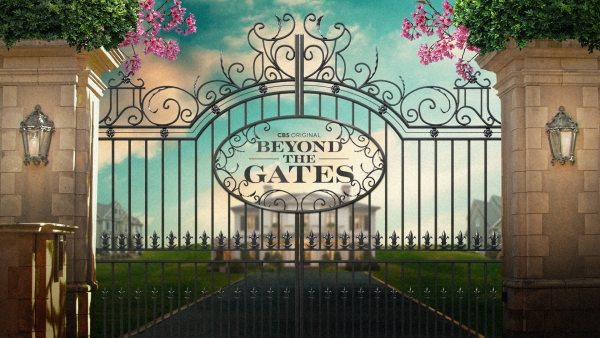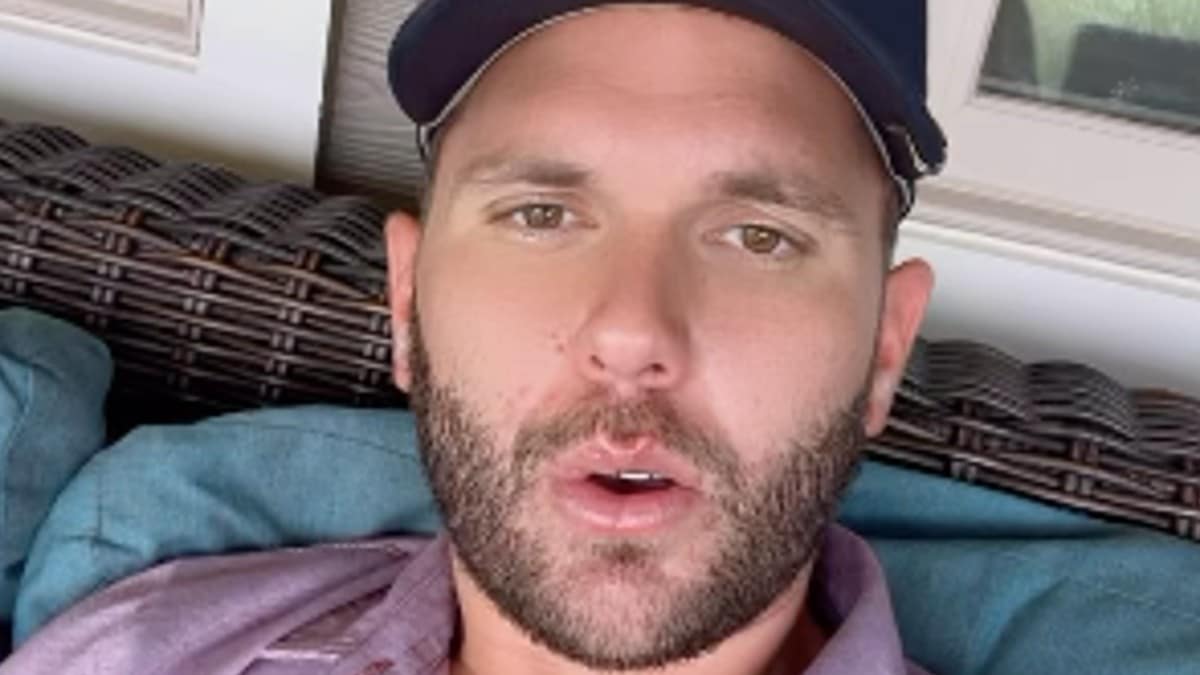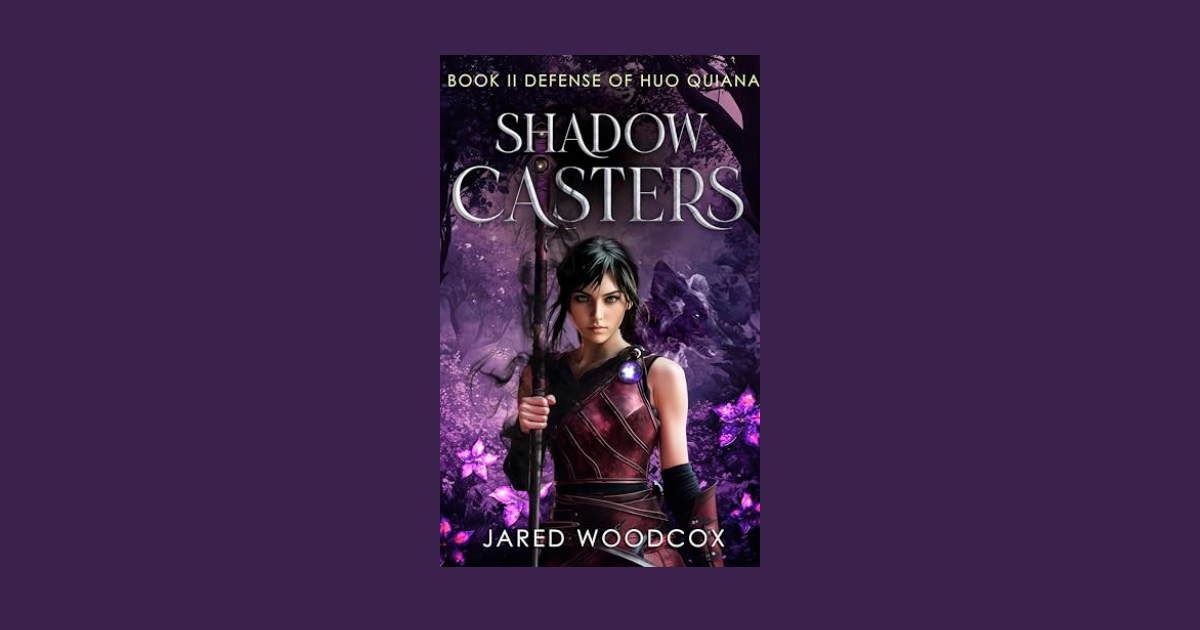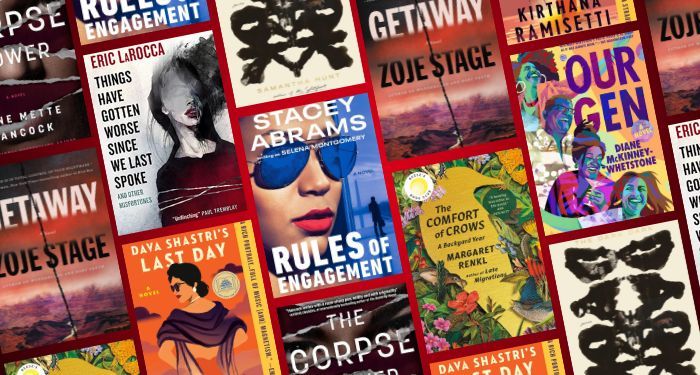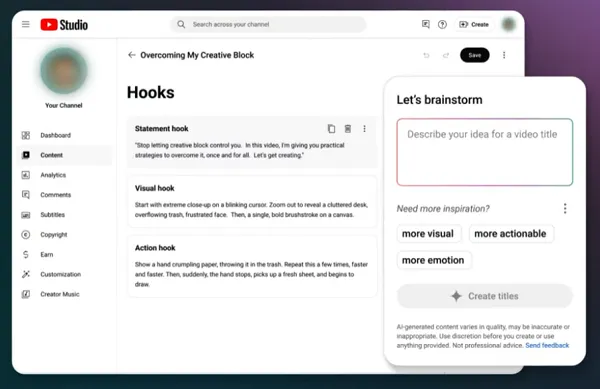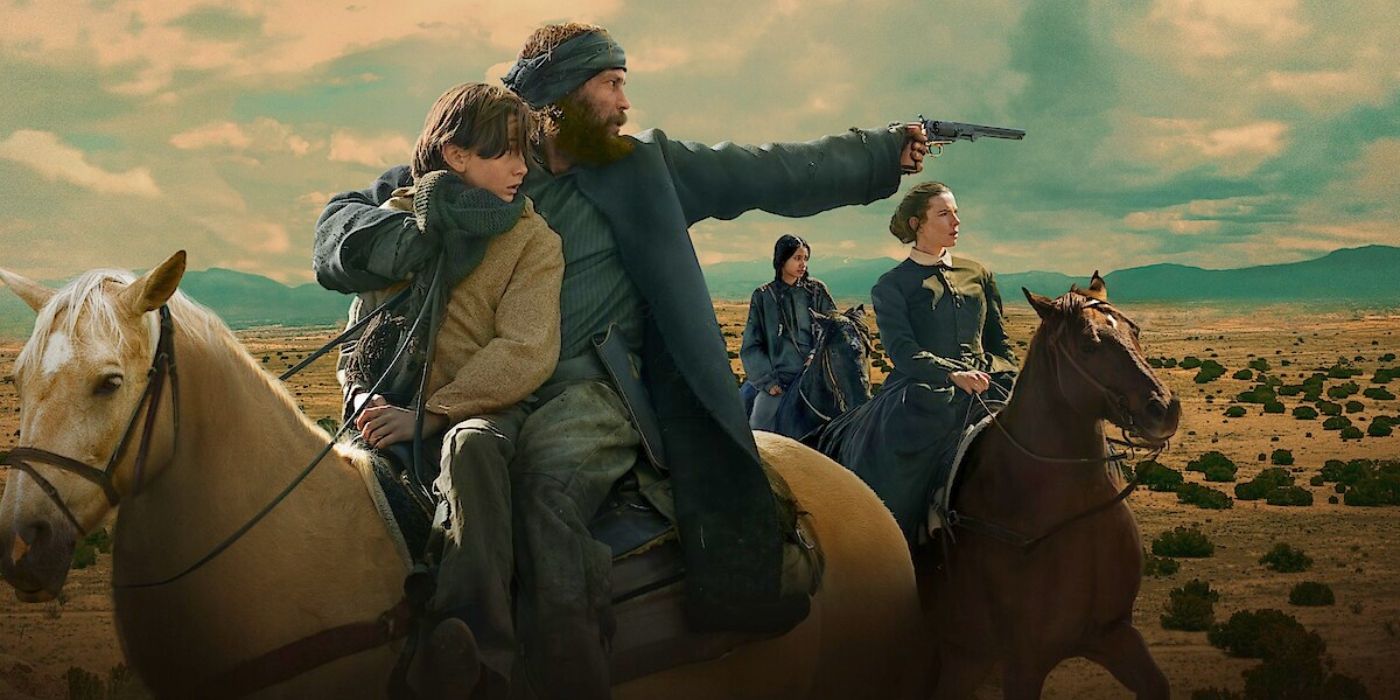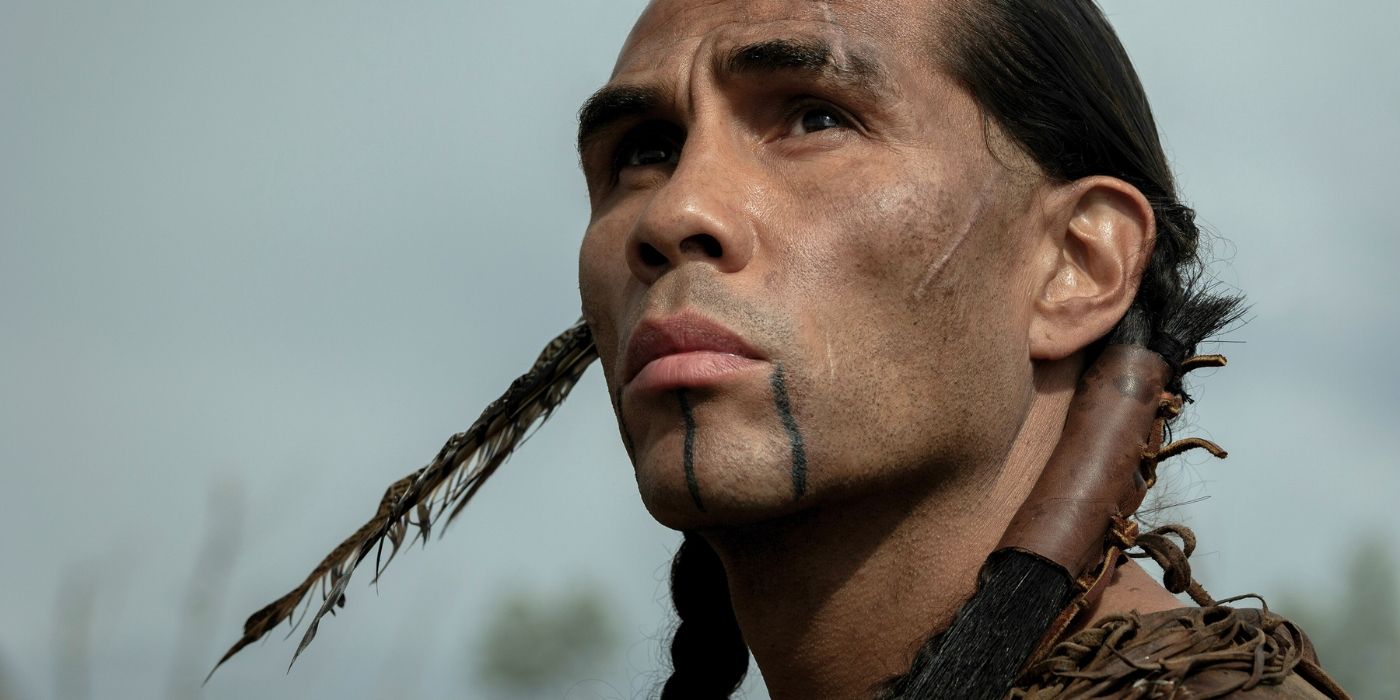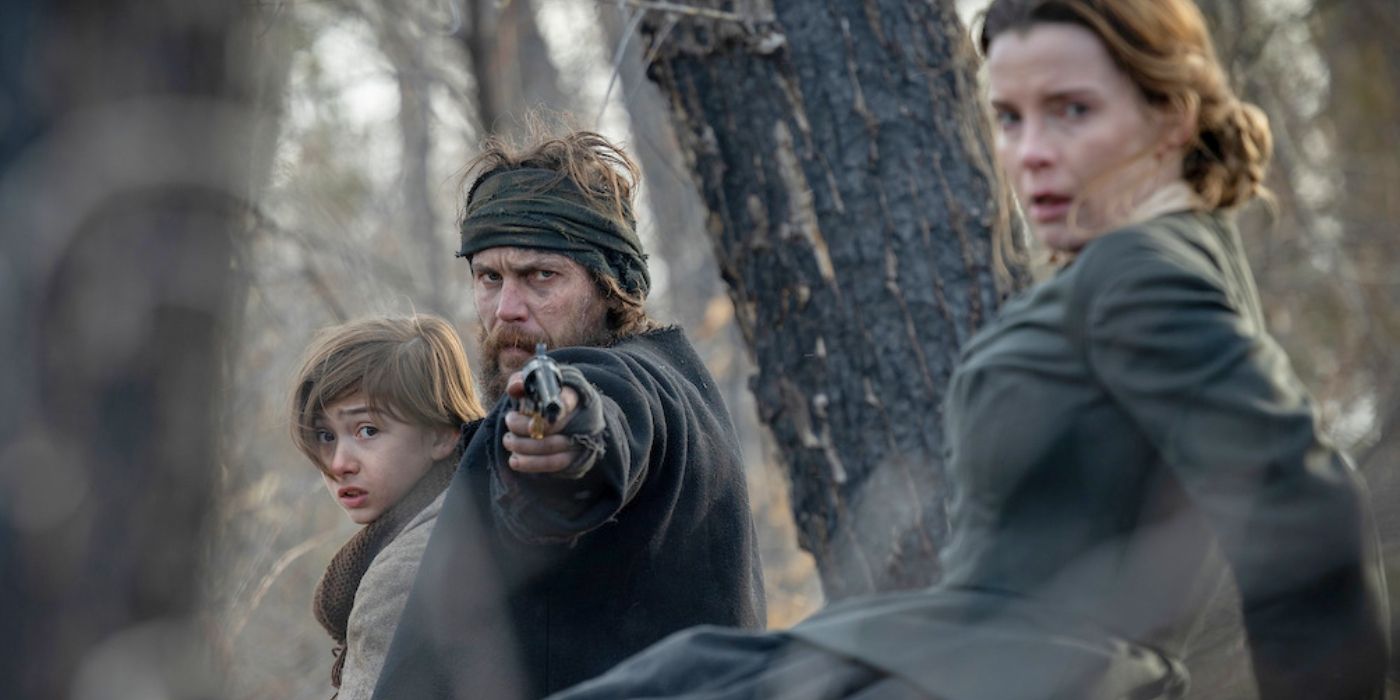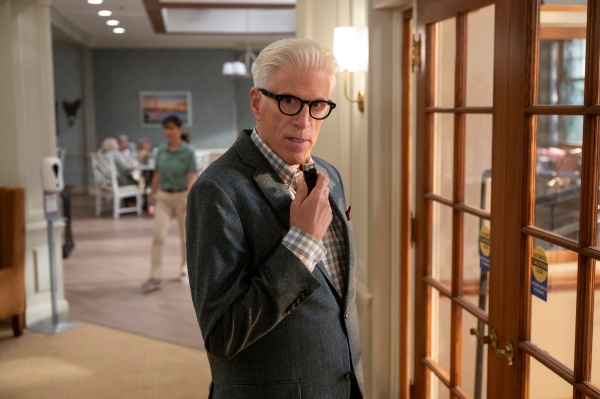Westerns used to be a major genre in Hollywood before they largely fell out of favor in the late 1970s. While neo-Westerns like Yellowstone, Justified, and Outer Range have filled the void on the small screen, nothing quite beats a tried and true tale about the indomitable spirit on the American frontier. Nearly two decades ago, Into the West gripped the nation with its harrowing look at the era through the eyes of real and fictional characters interwoven into the true events that shaped the country. The six-episode miniseries greatly benefited from a weekly release schedule that kept audiences coming back for more heartbreak. It’s a shame that American Primeval isn’t being given the same opportunity to become a must-watch watercooler conversation-starter, because Netflix is kicking off the new year with a strong contender for one of the best series of 2025.
Set in 1857, American Primeval tackles a period of history that is rarely covered with such specificity in fiction. Most tales set during this era focus more so on the conflict between weary westward travelers and the Indigenous people whose land they’re trying to steal, but this series introduces a third advisory to the mix: settlers from the Church of Jesus Christ of Latter-day Saints. The conflict wrought by early Mormons during the Utah War (1857-1858) is often overlooked by students of history because of its proximity to the American Civil War, which eclipsed most historical events leading up to and preceding it. It does, however, make for an excellent backdrop to the impressive epic that Mark L. Smith (The Revenant) penned and Peter Berg (Painkiller, Boys in Blue, The Leftovers) directed. The Western and Nno-Western genres are primarily made up of narratives focused on the masculine: from rugged gunslingers and lawmen to industrious landmen chasing gold and Texas tea. American Primeval bucks this narrative by centering its three main plots around its three lead actresses, who face the brutal realities of what it meant to be a woman in the American west.
‘American Primeval’ Uses Women to Explore a Dangerous Era
At the heart of American Primeval is Sara Rowell (Betty Gilpin) and her son Devin (Preston Mota). Sara is on the run from a violent past in Philadelphia, to the promise of a new life on the frontier, where her husband and Devin’s father has already made a home in Crook Springs. While her past makes it clear that Sara can take care of herself, she is still a woman on her own in a time where women were nothing more than their husbands’ property, and in danger of bodily harm when left to the devices of other men. In order to get across the frontier safely, Sara relies upon guides and the kindness of others, which is a rare thing in such lawless and inhospitable landscape.
After narrowly escaping tragedy during the Mountain Meadows Massacre, Sara and Devin find themselves under the protection of Isaac Reed (Taylor Kitsch), a rugged loner who carries the weight of his own tragic past on his shoulders. If Sara is the heart of American Primeval, then Isaac is the series’ soul, and together they are the lifeblood of the story. At first, Isaac has very little interest in helping Sara and Devin, even when she tries to offer him an ungodly sum of money to ensure their safe passage to Crook Springs. Only after their brush with death does Isaac realize that Sara and Devin need him just as much as he needs them.
Abish (Saura Lightfoot-Leon) is also introduced as the new wife of Jacob Pratt (Dane DeHaan), a Mormon man heading west to join Brigham Young (Kim Coates) in present-day Salt Lake City. While she is religious and somewhat fond of her husband, it is clear that Abish doesn’t fit the mold of what a mild and meek-mannered wife should be. She challenges Jacob at every turn, questioning his adherence to their beliefs, and showing her displeasure at being forced into a marriage she didn’t want to be in. There were very few options for young women in the 19th century, and Abish’s story is a common refrain for the era. However, freedom for Abish comes in an unlikely place. During the massacre, Jacob is scalped and left for dead, and Abish is taken hostage by the Shoshone. While her fellow captives are slaughtered, Abish’s defiant attitude towards her captors catches the attention of Red Feather (Derek Hinkey), who decides to spare her life. With the Shoshone, Abish finds improved circumstances, though Jacob will stop at nothing to get his property back from the Nation. The essence of Abish’s story is reminiscent of The Last of the Mohicans, particularly where Alice and Uncas are concerned.
Like Red Feather, Two Moons (Shawnee Pourier) is a member of the Shoshone Nation, and just as Sara and Abish are central pieces of the story, so is she. After killing her rapist, Two Moons is forced to flee from her village in search of a better life, which includes hiding away in the covered wagon that is taking Sara and Devin westward. Surprisingly, she does find better with Sara, Devin, and Isaac. Despite not speaking English or speaking verbally at all, Two Moons learns to communicate through sign language and through Isaac, who speaks the same language as her people. Throughout the six-part miniseries, American Primeval weaves the stories of these three women together. Each of them faces unimaginable obstacles that are indicative of the era, and overcome them in their own unique ways, showing sheer determination and resilience at every turn. While they are bolstered by the men in their lives, the women’s storylines ultimately make American Primeval a remarkable series to watch.
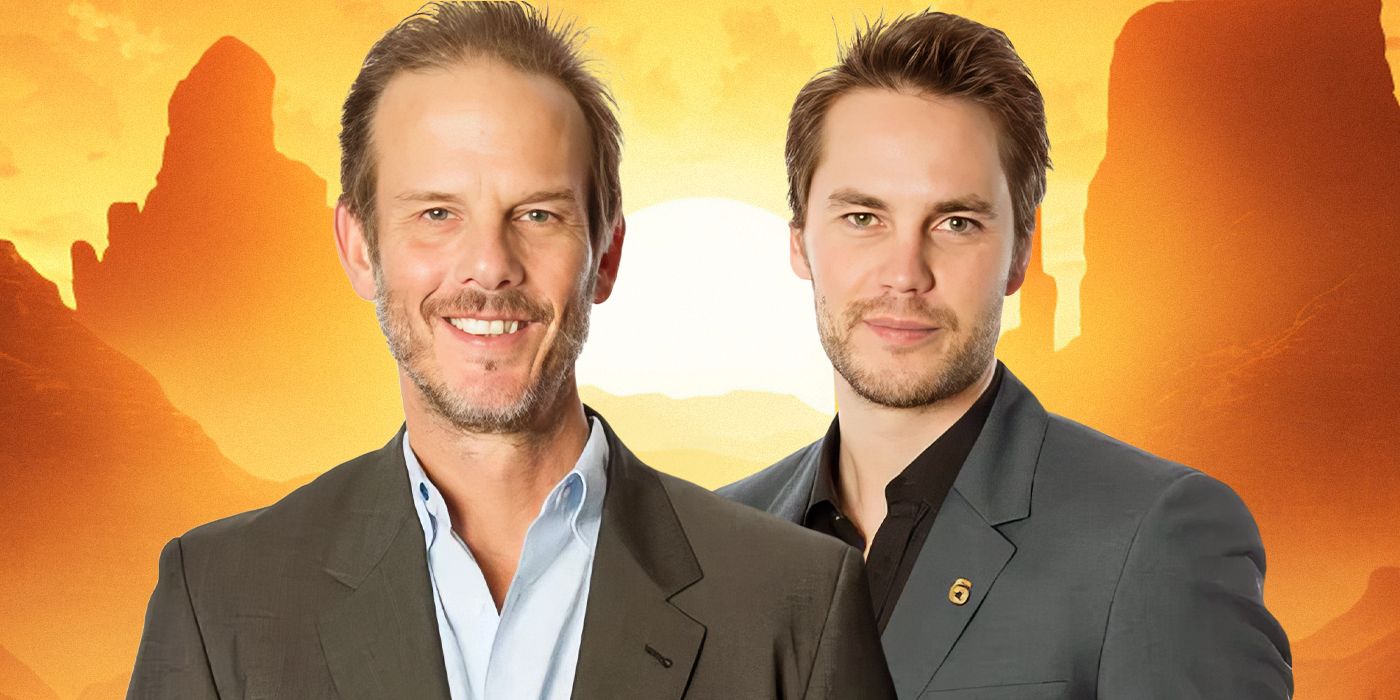
Related
Why Pete Berg Wanted Taylor Kitsch Beside Him for His ‘American Primeval’ Creative Journey
Kitsch will be starring alongside Betty Gilpin, Dane DeHaan, Shea Wigham, and Jai Courtney in the limited series.
‘American Primeval’ Will Make You Think
American Primeval is unrelenting in its pace across roughly five hours of storytelling spread out across six episodes. It lives up to its TV-MA rating, not just because of the merciless bloodshed shown in the epic shootouts and senseless massacres, but because the women within the story face historically accurate brutality at the hands of the men around them. It’s tragic to watch as it unfolds, but it’s a stark reminder of just how dangerous it was to be a woman on the frontier — even when the odds are stacked in your favor.
It’s also surprising how unforgiving the series is toward Mormons and, in particular, Brigham Young. Coates is phenomenal in the role, and positioned as a truly sinister force to be reckoned with. Perhaps the Mormons have better publicists than the Catholics and Baptists do, but they have somehow managed to avoid being haunted by their historical crimes. American Primeval forces viewers to reckon with their own ignorance towards what the Church of Jesus Christ of Latter-day Saints was doing on the American frontier, and reassess if polygamy was truly the worst of their beliefs. After Abish is taken by the Shoshone, Jacob descends into madness, emboldened by the fanaticism of his faith, and ultimately becomes the architect of his own tragedy.
While some elements of the plotlines pertaining to the Shoshone Nation feel jarring, American Primeval did enlist Julie O’Keefe, who hails from the Osage Nation, as their Indigenous Cultural Consultant and Project Advisor to ensure that they were well-represented and written accurately. The series also worked with Indigenous artisans, including Hovia Edwards-Yellowjohn (Shoshone Bannock-Navajo), Pete Yellowjohn (Shoshone Bannock), Georgette Running Eagle (Shoshone Bannock), Robert Perry (of Bannock Shoshone descent), Kugee Supernaw (Quapaw and Osage) and Son Supernaw (Quapaw-Osage and Caddo), Joe Cheshawalla (Osage) Debbie Cheshawalla (Choctaw), and Molly Murphy Adams (Oglala Lakota), and you can feel their presence within the Shoshone villages on screen. Despite each of the series’ Indigenous characters being fully-formed characters who are just as integral to the plot as many of the white settlers around them, none of the characters are able to stand on their own without being interwoven into the larger storylines of Sara and Abish. American Primeval may have been able to tell a better-written story that is better written than the vast majority of films and series within the Western genre, but the show still fails to give any Indigenous character a narrative that is solely their own.
‘American Primeval’ Deserves Better Than a Binge Drop
A true testament to the series is the fact that, from the very first episode, American Primeval ensures that you are invested in the survival of its core cast, even when you know that some of them are damned by the narrative. With so many characters and only six episodes to deliver a satisfying conclusion, the series is quite economical with its scripts, evenly dividing the story between Sara and Abish as well as those who cross their paths. A lot of other storylines converge, and American Primeval has assembled an impressive ensemble cast, including Shea Whigham, Joe Tippett, Jai Courtney, Kyle Bradley Davis, Lucas Neff, and Shawnee Pourier.
It’s also not a series that uses flashy VFX or glamorous locations as a crutch, and the scenery is just as humble and gritty as the characters within it; instead, American Primeval relies upon the humanity at its heart, and by the final episode, it will rip that heart out. The most surprising element is the unexpected friendship between Isaac and Sara, and how it fundamentally transforms who they are as people. Kitsch and Gilpin have phenomenal chemistry, and watching how they navigate around their characters’ strengths and flaws, and ultimately make each other whole, is truly a masterclass in performance, direction, and writing.
It’s a shame that American Primeval isn’t receiving a weekly release schedule because it has all the trappings of event TV, while being damned by the narrative of the binge-model. The real tragedy at play is the fact that Smith and Berg have created something that is so brilliant and prestigious but will ultimately be watched by too few people. Perhaps it will help to restart the Western craze in Hollywood and give creatives the freedom to explore some of the more nuanced aspects of America’s oft-overlooked history.
All six episodes of American Primeval are streaming now on Netflix.
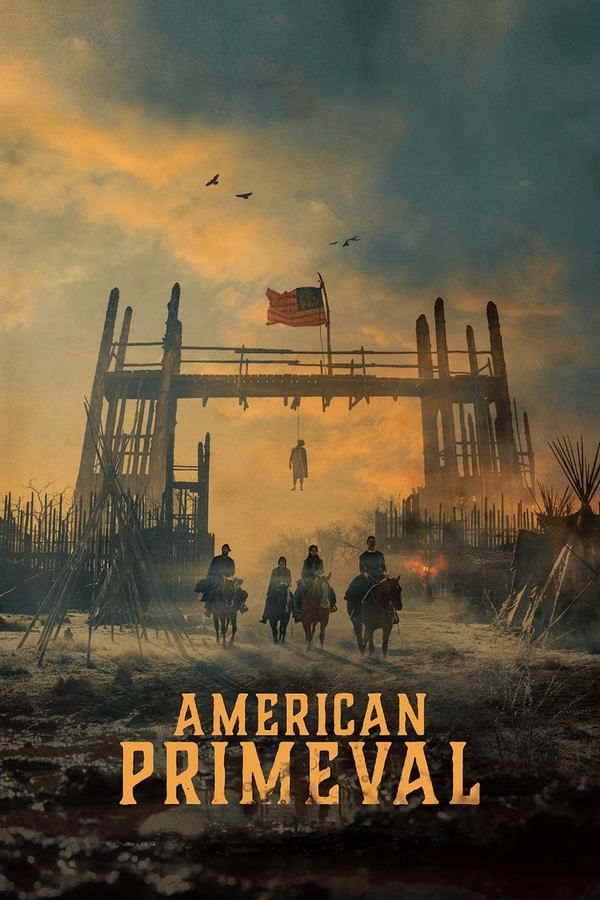
Netflix’s American Primeval is a Western epic made better by centering the women at the heart of the story.
- Betty Gilpin and Taylor Kitsch are phenomenal leads with exceptional chemistry. The evolution of their characters is the most compelling aspect of the series.
- Mark L. Smith and Peter Berg have crafted a series that feels like old school prestige television.
- Saura Lightfoot-Leon’s portrayal of quiet defiance is utterly brilliant.
- While the writing for the members of the Shoshone Nation is well-done, it would’ve been nice to have characters that were decoupled from the settlers.
- The series deserves a weekly release schedule, rather than the binge-drop model.









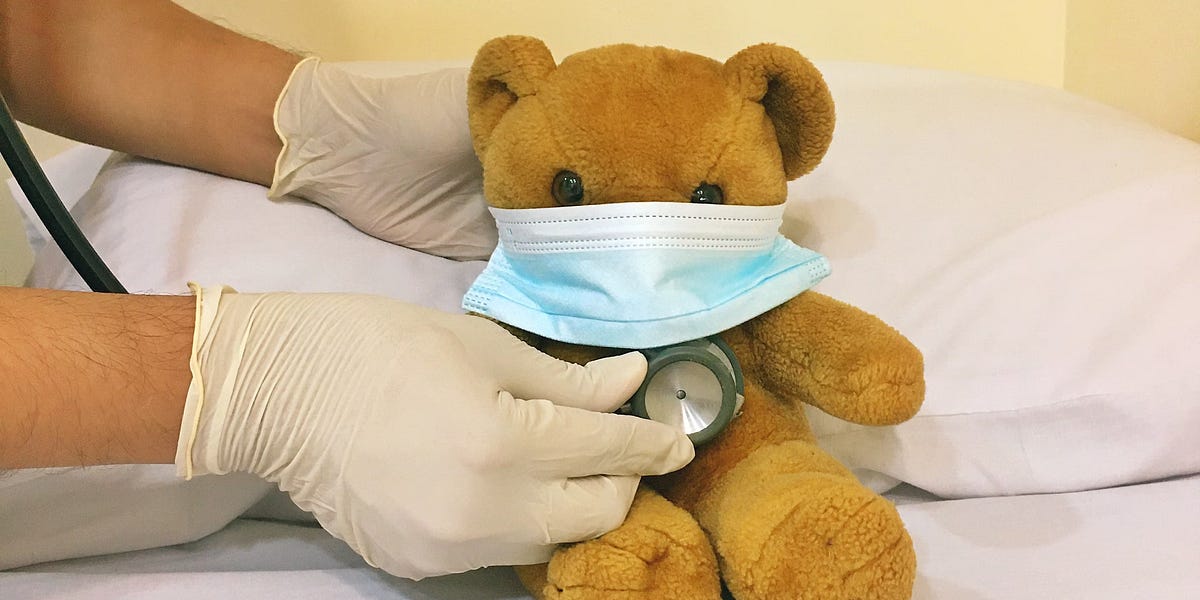


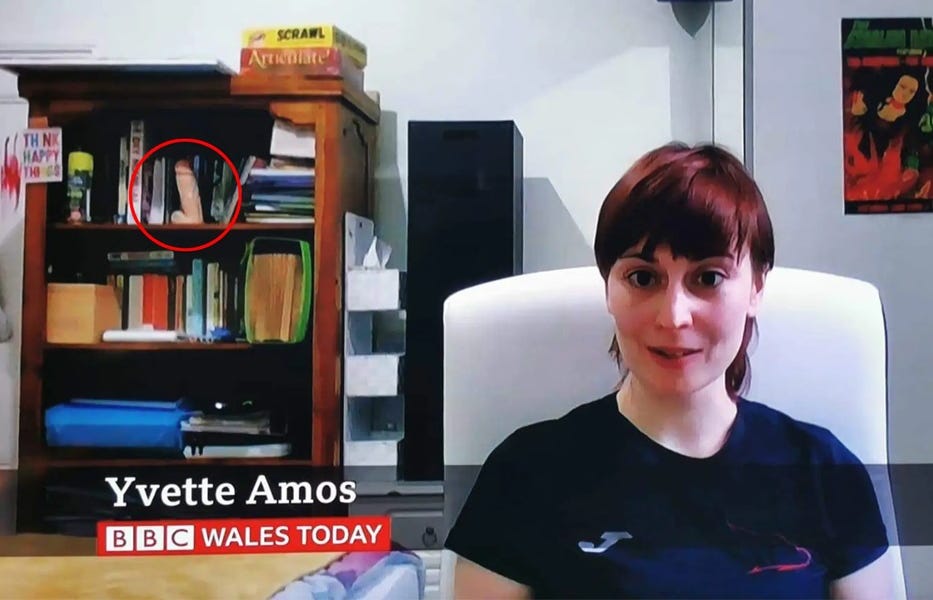


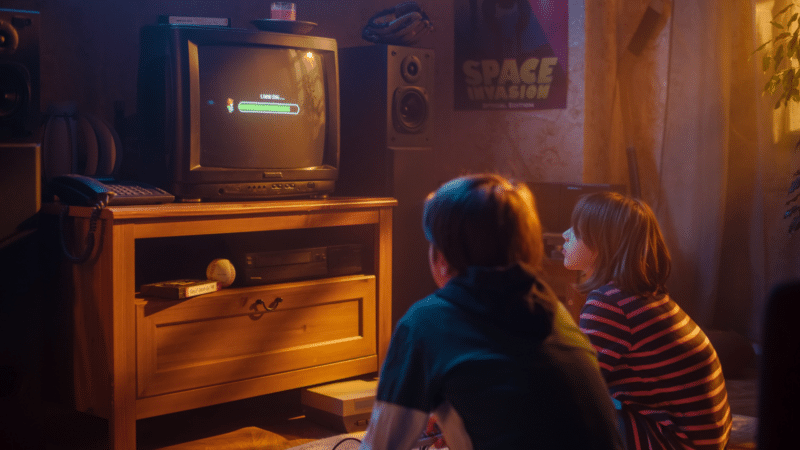






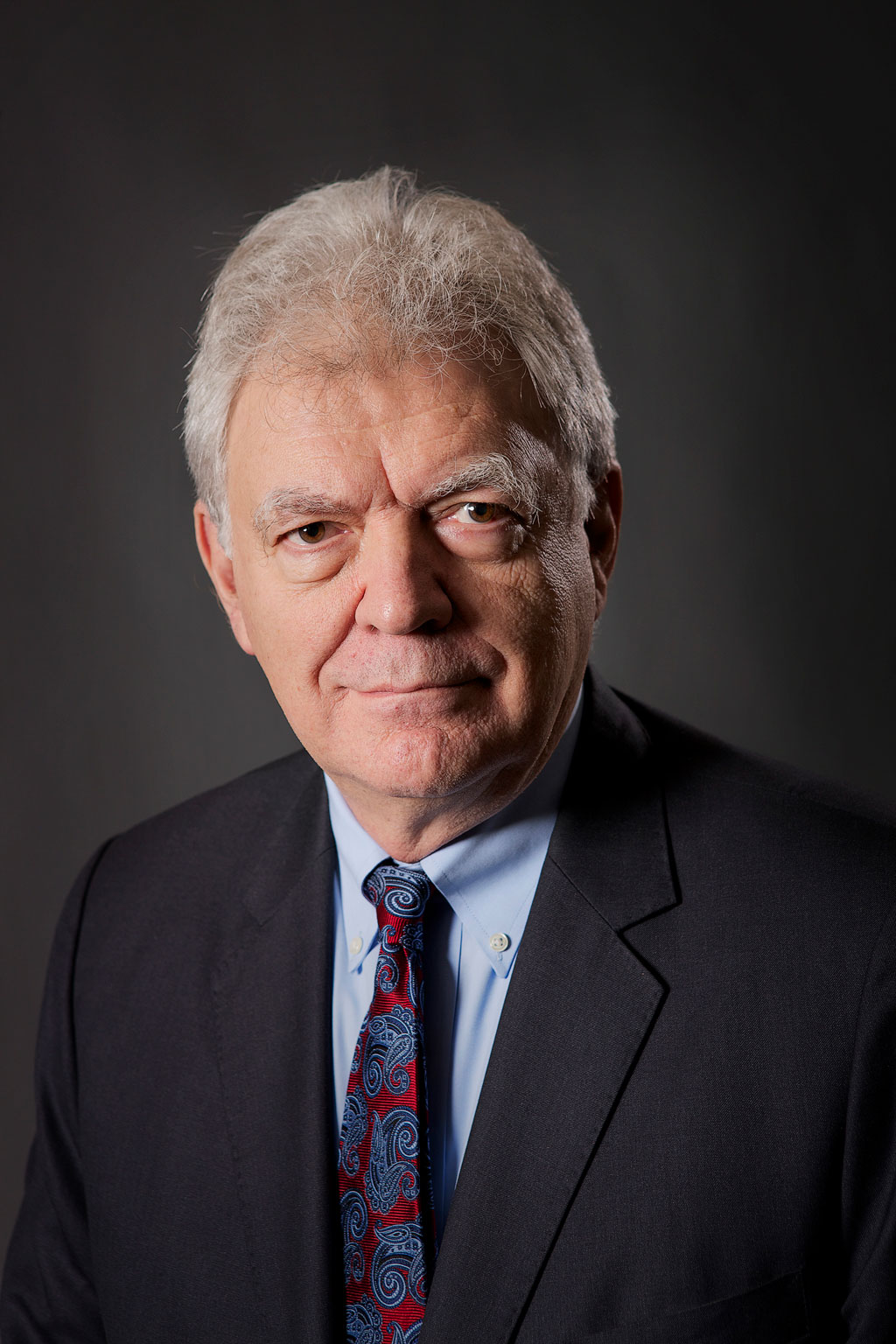


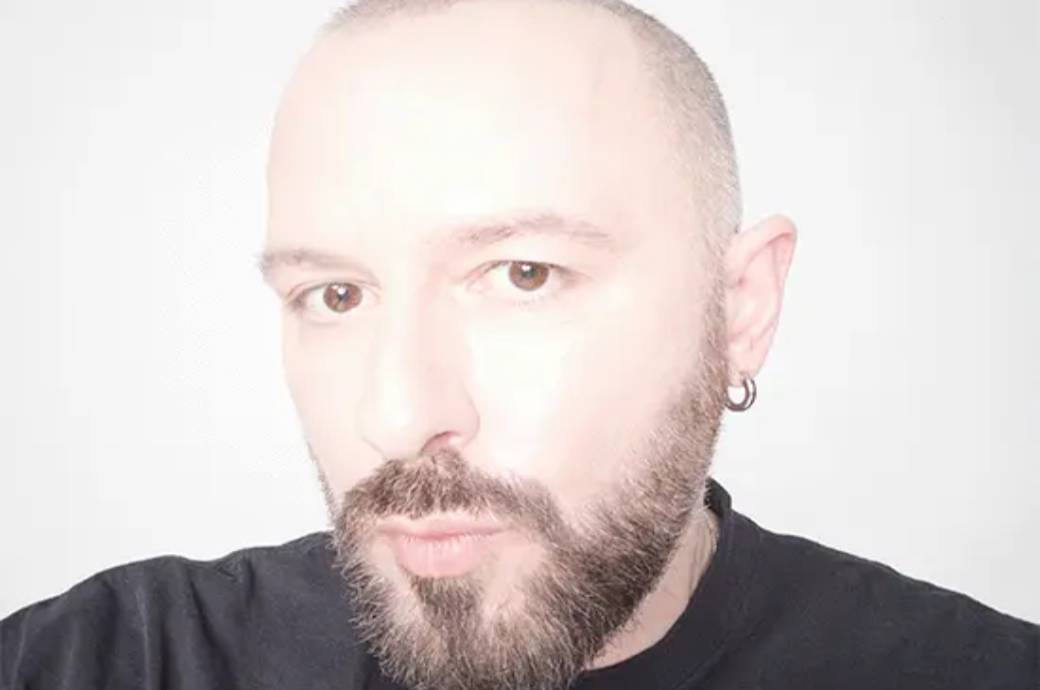
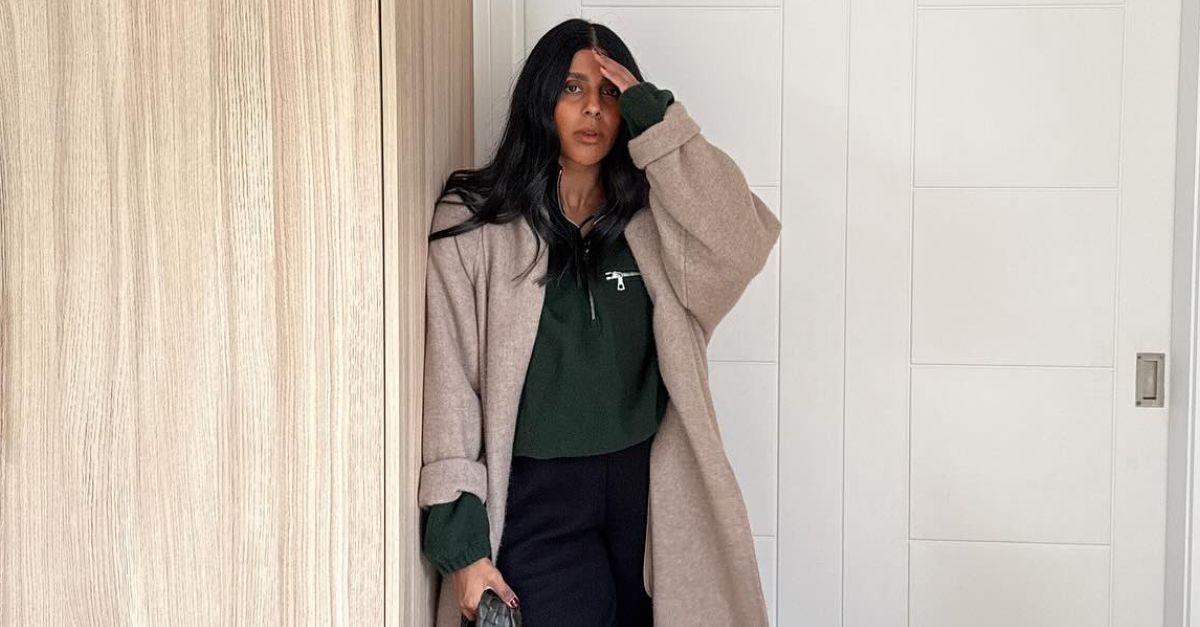



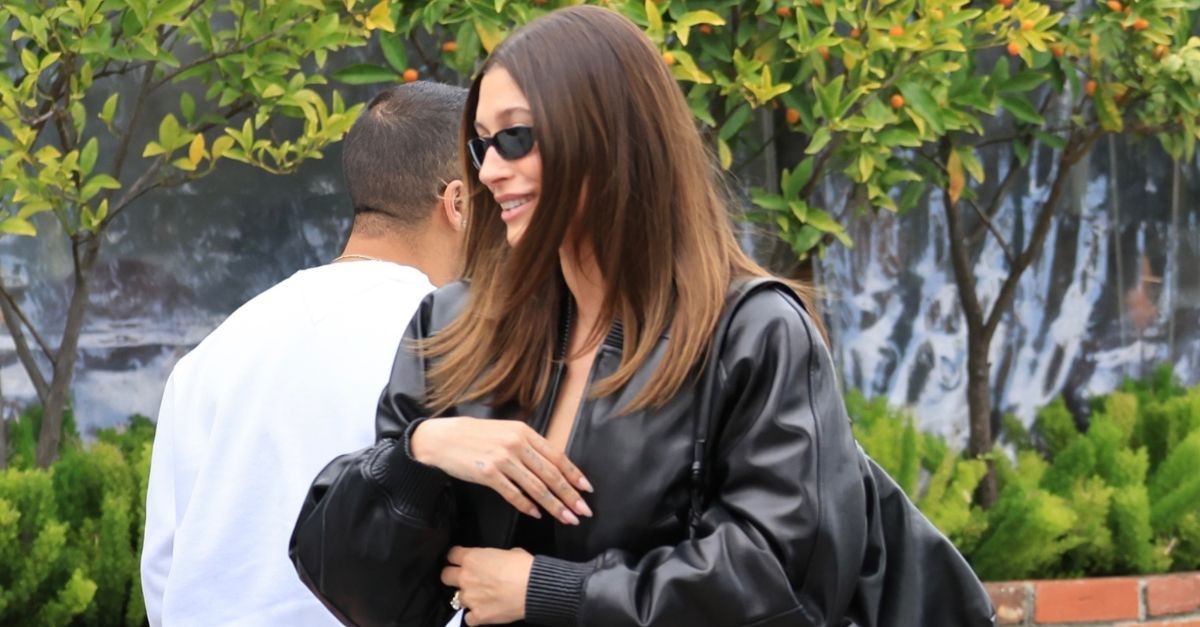









![Spider-Man Is Back in Black With the Green Goblin in New Funko Pop! Figures [Exclusive] Spider-Man Is Back in Black With the Green Goblin in New Funko Pop! Figures [Exclusive]](https://static1.colliderimages.com/wordpress/wp-content/uploads/2025/03/spider-man-the-animated-series-green-goblin.jpg)


